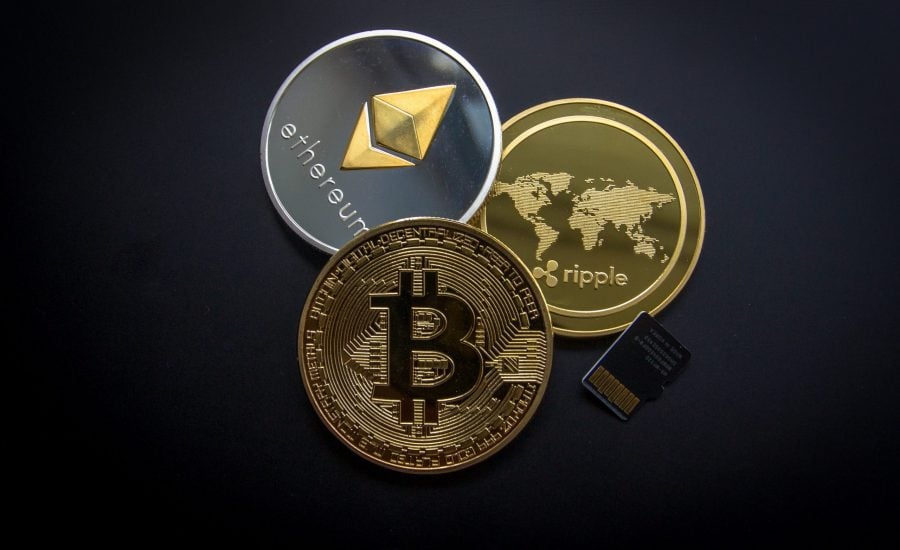How to buy bitcoin in Canada (and find out where, too)
Whether you choose to hold crypto in an ETF or directly, here are the basics.
Advertisement
Whether you choose to hold crypto in an ETF or directly, here are the basics.

Canadian investors interested in buying bitcoin and other cryptocurrencies have two main options: crypto ETFs and buying crypto directly. Let’s look at both options.
An ETF (exchange-traded fund) is a “basket” of securities (groupings of individual stocks, or government and corporate bonds) that you acquire in a single purchase, similar to a mutual fund. Unlike a mutual fund, however, an ETF can be bought and sold on a stock exchange throughout the trading day—just like a stock. They also carry lower fees than mutual funds.
ETFs are an easy way to get bitcoin into your portfolio, because if you already have a brokerage account, there are no additional steps you need to take in order to purchase a bitcoin ETF. At the time of this writing, there are a dozen crypto ETFs in Canada, some holding bitcoin, some holding ethereum, and some holding both. The very first, Purpose Bitcoin ETF (BTCC), launched on the TSX in February 2021, followed by Evolve’s Bitcoin ETF (EBIT) and CI’s Galaxy Bitcoin ETF (BTCX). This puts us well ahead of the U.S., where cryptocurrency ETFs were just approved in 2024. As with all ETFs, you can buy and sell them through a traditional or online brokerage. One benefit of buying crypto via ETFs is that you don’t need to manage a crypto wallet and the “private keys” to access it.
Note that capital gains on cryptocurrency are taxable in Canada, unless you invest in a crypto ETF and hold it inside a tax-free savings account (TFSA) or, with certain conditions, a first home savings account (FHSA). Read more about cryptocurrency and taxes and holding crypto ETFs in registered accounts.
Watch: How to buy bitcoin in CanadaWhile ETFs are convenient, they don’t allow you to hold bitcoin directly. This might be fine for a more passive or less experienced investor, but if you do want to hold bitcoin directly, the easiest way to get started is to open a “digital wallet” via an online crypto exchange, also called a crypto trading platform.
Now, this is where you want to spend some time doing research, because online exchanges vary wildly in terms of features, benefits and security. Start with how you want to invest. Are you interested in only one type of cryptocurrency, or are you looking to invest in several? Which payment methods do you intend to use for purchases (via link to your Canadian bank account, or pay with crypto you already own, for example)? Do you want the option of trading on your smartphone?
As well, you need to be absolutely sure that the exchange you choose is trustworthy, and will be able to offer support should you need it. A good place to start is MoneySense’s list of top crypto platforms in Canada. All of the companies have been approved to do business in Canada by securities regulators.
While some people will be happy to hold crypto inside a pre-selected basket of securities, for those who wish to hold bitcoin and other crypto coins directly, it’s important to connect with a platform that stays abreast of regulatory requirements and offers peace of mind that the cash you use to fund your account, as well as your bitcoin, is safe.
And, of course, don’t invest more than you can afford to lose. Crypto is a volatile speculative asset, and crypto regulation in Canada is still evolving. Approach with caution.
Share this article Share on Facebook Share on Twitter Share on Linkedin Share on Reddit Share on Email